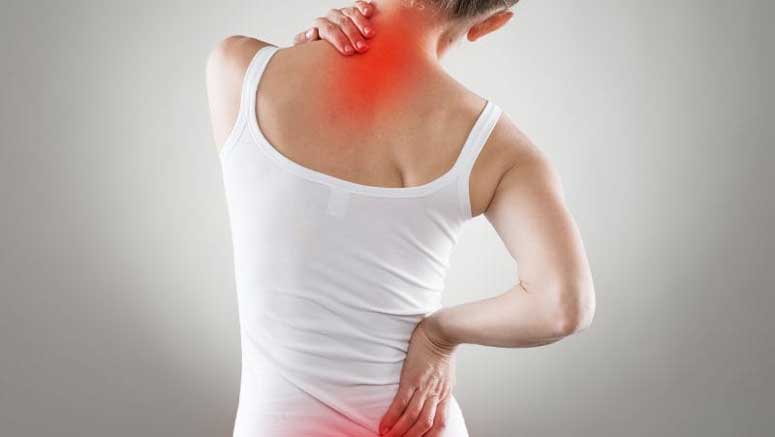Moderate Dehydration

When dehydration continues to worsen and there is no treatment, other symptoms begin to appear, which are usually related to a condition of moderate dehydration such as:
- Muscle and Joint Pain
To keep the joints from hurting, their surfaces need to slide well together. This is ensured by the synovial fluid. If you have long-term dehydration in your body, the amount of synovial fluid is also affected – the articular cartilage is damaged and arthrosis, for example, develops. In case of joint pain, it is necessary to increase the drinking regime of clean water.
- Fatigue
Dehydration tends to slow down the enzymatic action, and the consequence of this is extreme tiredness that can affect the individual – who feels too tired to perform any activity, even the simplest ones. [5]
- Constipation
One of the most common causes of constipation is dehydration.[6] If the body lacks water, it tries to get it anywhere and the large intestine is a good source. When the person consumes little water daily, the intestine goes into a process of withdrawing from obtaining water through food. As a result, the stools become dry and the individual may suffer from constipation, and therefore have difficulty going to the bathroom.
- Headache, and Dizziness
Our brain is protected by a compound called cerebrospinal fluid or CSF. When dehydration reduces the volume of fluid, the individual develops discomfort and may end up having migraines throughout the day. [7] This can also conversely lead to dizziness since the CSF is required in supplying the brain with nutrients for proper functioning.
In moderate dehydration, in addition to taking more water, it is also recommended to take home-made serum or an oral rehydration solution, sold at the pharmacy, which in addition to water also helps restore mineral levels.







